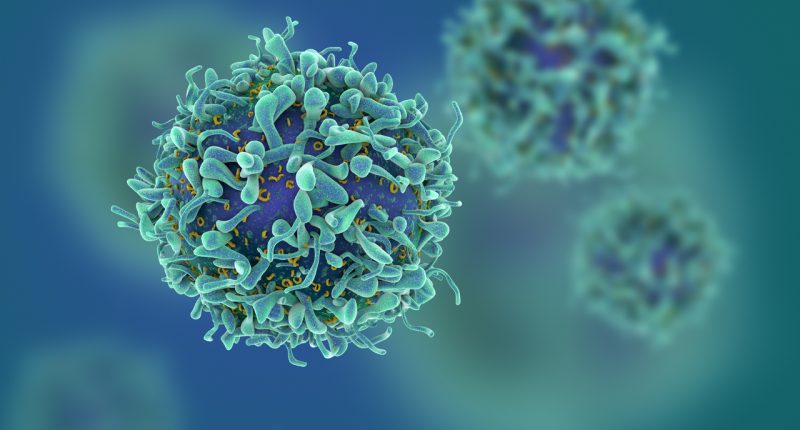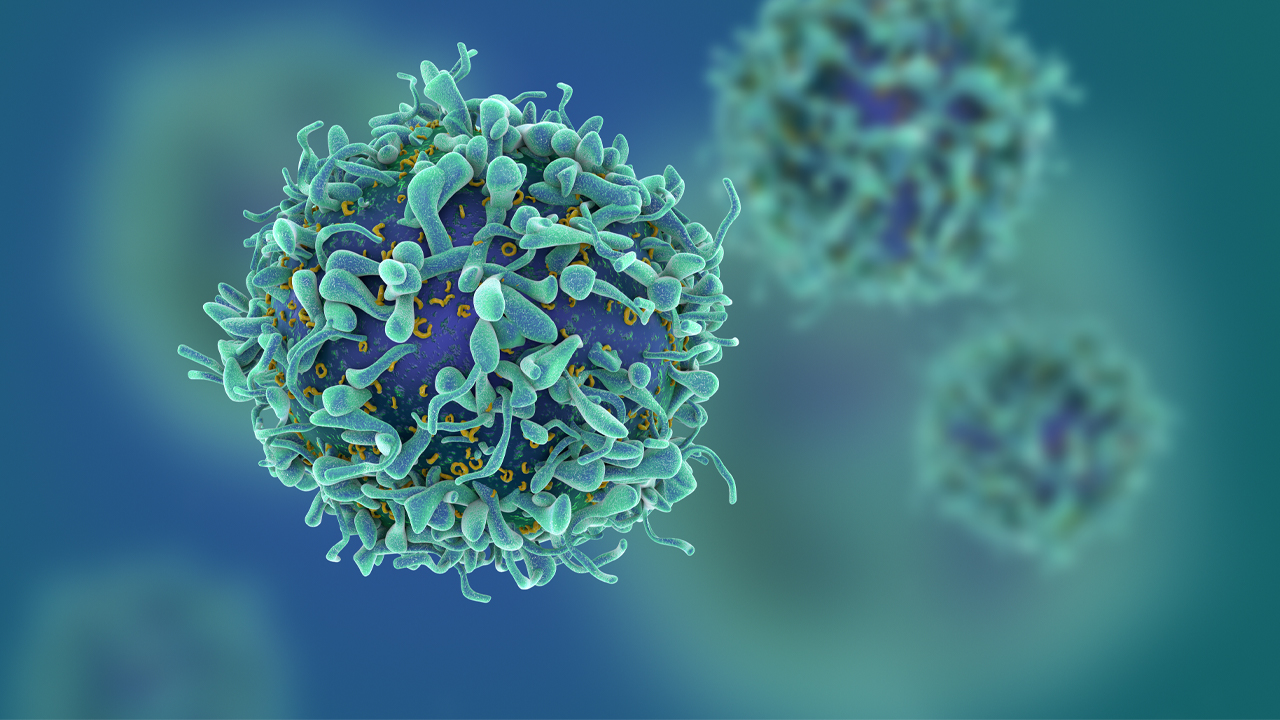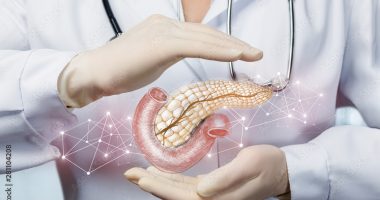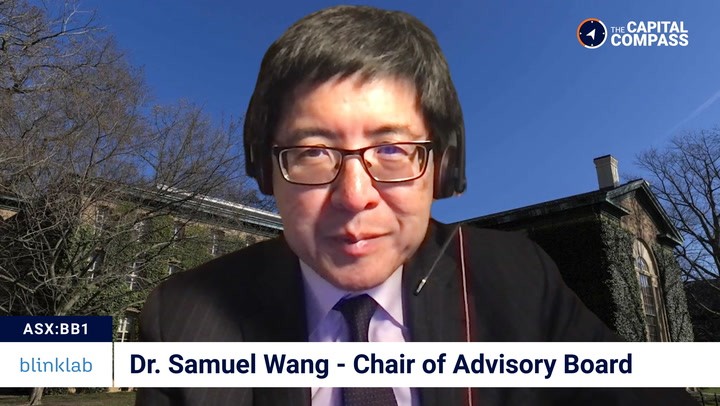- Orthocell has come out of a trading halt to announce positive interim clinical results for its cell repair treatment
- A follow-up trial found that voluntary muscle movement was restored in 96 per cent of nerve repairs
- It also found that 86 per cent of patients who require medication were able to reduce or stop it completely
- Orthocell’s share price is up 26.6 per cent today, trading at 50 cents apiece
Orthocell came out of a trading halt this morning to announce positive clinical results for the use of CelGro, which facilitates cell repair.
Following surgery with CelGro, patients have regained muscle function in the affected limbs and have either stopped or significantly reduced prescription pain medication.
Patients participating in the clinical trial had previously suffered traumatic nerve injuries following vehicle, sporting or work-related accidents, which resulted in impaired use of the affected limbs and quadriplegia in some cases.
Some patients experienced significant pain and were unable to perform simple basic daily tasks without assistance, such as eating and dressing.
In many of the cases patients were unable to work and participate in recreational activities.
A clinical follow-up of the first 12 patients a year after surgery found that voluntary muscle movement was restored in 96 per cent of nerve repairs.
It also found that 86 per cent of patients who required prescription pain medication were able to significantly reduce or stop their medication completely.
“Observing the positive progress of the initial patients face me the confidence to use CelGro in more severe cases, such as quadriplegia,” clinical trial lead Dr Alex O’Beirne said.
“CelGro facilitates tensionless repair, and can prevent regenerating nerves being compressed or trapped by scar tissue. I am very pleased with these patients’ progress, and their are and hand function continues to improve,” he added.
Orthocell’s clinical trial aims to demonstrate the effectiveness of CelGro in improving patient outcomes after nerve repair.
The trial is being undertaken with leading Australian orthopaedic nerve specialist Dr Alex O’Beirne, Jaslyn Cullen from occupational therapy services, and Ming Hao Zheng of the University of Western Australia.
The study will investigate a total of 20 patients who had an injury that severed the connection between the peripheral nerves in the arm and spinal cord causing loss of function or paralysis in the arm and hand.
CelGro will be used with microsurgery to repair the damaged nerves and re-establish the connections to target muscles.
Patients currently enrolled in the clinical study received one or several nerve repairs increased with CelGro in one or both upper limbs.
Functional recovery after treatment was assessed by grading the power of target muscles closest to the site of nerve repair. The assessments were performed before treatment and will be repeated for up to 24 months after treatment.
“Seeing one of our patients progress from no strength in his arm, and no movement in his fingers and thumb, to playing wheelchair rugby is extremely encouraging for our researchers and clinical partners,” Managing Director Paul Anderson said.
“We feel we are making a significant breakthrough for the repair of damaged nerves – CelGro is greatly improving quality of life for people with limited treatment options,” he added.
Orthocell will now accelerate regulatory applications in the U.S., European Union and Australia.
Orthocell’s share price is up 26.6 per cent, trading at 50 cents apiece at 1:52 pm AEST.








